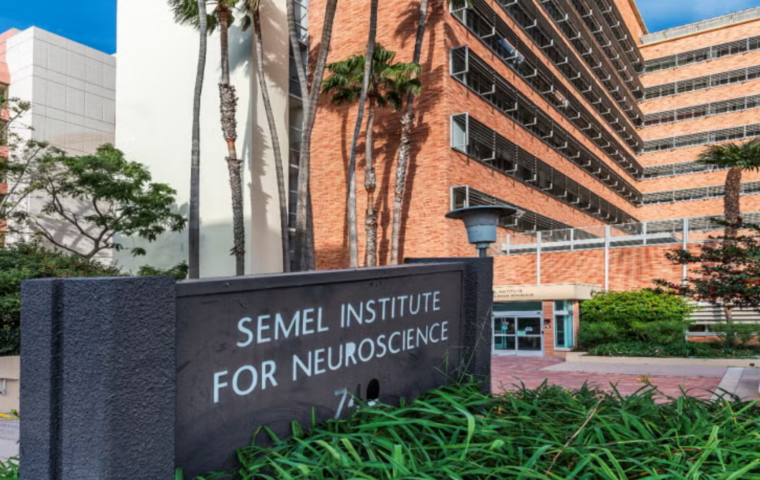Research Center

Leadership
Daniel Geschwind, MD, PhD
Director
About
The UCLA Center for Autism Research and Treatment (CART) is recognized as the leading autism center in the United States, earning numerous funding awards from the National Institutes of Health (NIH), including substantial support from the NIH Autism Centers of Excellence (ACE) program and ACE Network program.
The collaborative CART team of clinicians and scientists has integrated their research, clinical, and treatment programs to provide a unique, pathbreaking, multidisciplinary approach to autism spectrum disorder (ASD), from cells to service.
Access information about the latest research, clinical services, and educational opportunities at the center on the UCLA CART website (teams.semel.ucla.edu/autism).